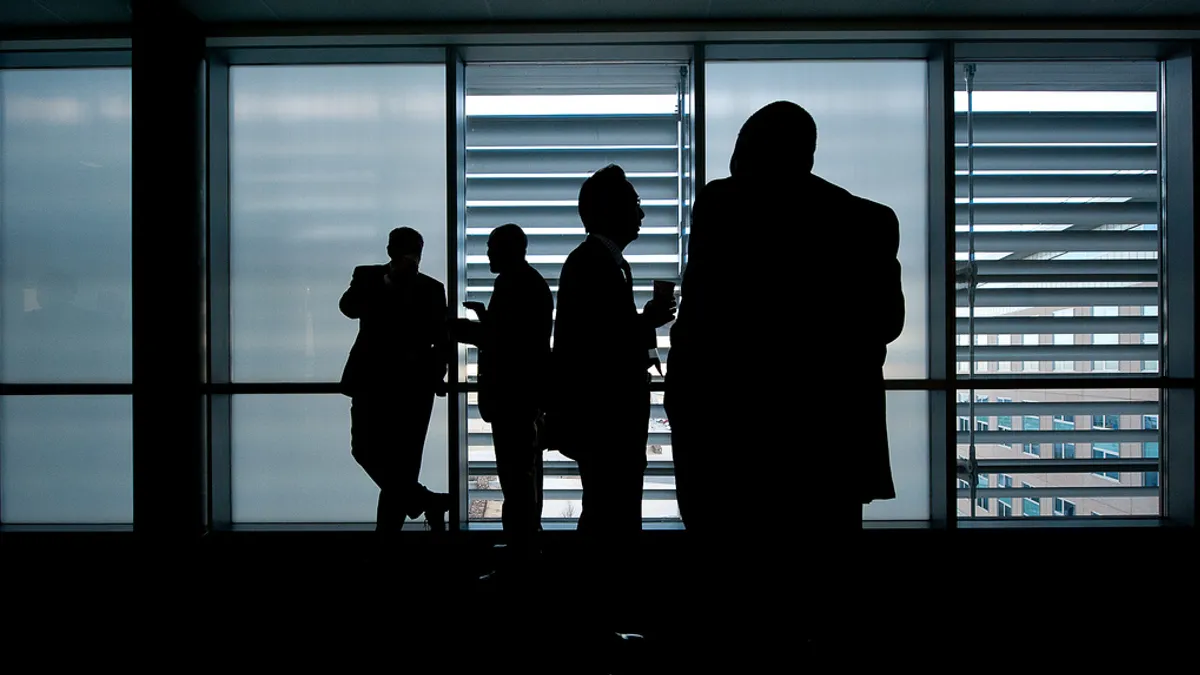Dive Brief:
- Rudeness and bad behavior have all grown over the last decades, particularly at work, according a column in the New York Times.
- For nearly 20 years, Christine Porath, the author, has been studying, consulting and collaborating with organizations around the world to learn more about the costs of this incivility.
- How we treat one another at work matters, she writes, as insensitive interactions have a way of whittling away at people’s health, performance and souls.
Dive Insight:
Robert Sapolsky, a Stanford professor and the author of “Why Zebras Don’t Get Ulcers,” argues that when people experience intermittent stressors like incivility for too long or too often, their immune systems pay the price. They may experience major health problems, including cardiovascular disease, cancer, diabetes and ulcers. And a study published in 2012 that tracked women for 10 years concluded that stressful jobs increased the risk of a cardiovascular event by 38 percent.
For leaders who help facilitate decisions concerning the hiring and managing of talent, civility affects judgments and may shift the balance toward those who are respectful.
"Given the enormous cost of incivility, it should not be ignored," Porath writes. "We all need to reconsider our behavior. You are always in front of some jury. In every interaction, you have a choice: Do you want to lift people up or hold them down?"












